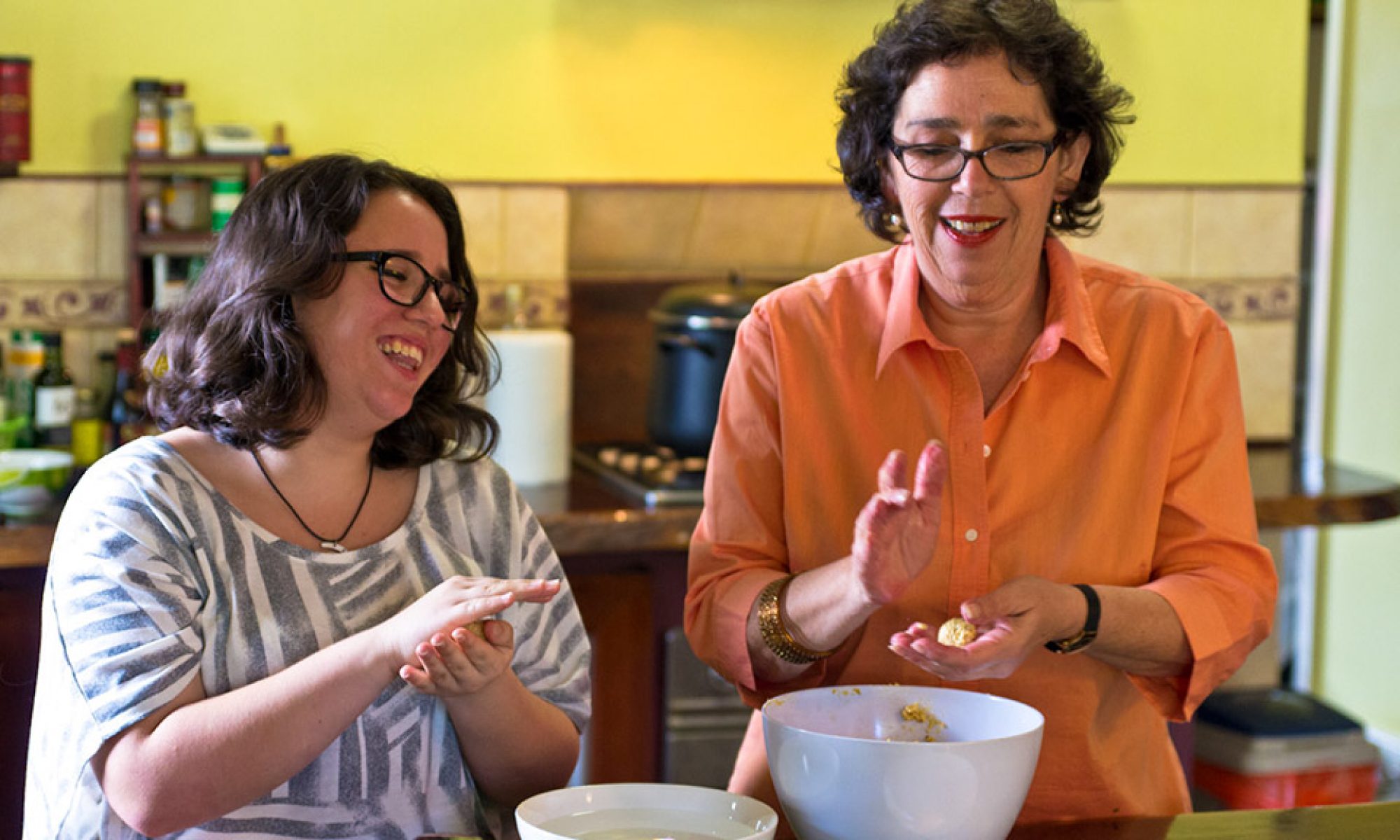Having previously written about the daily struggles of Mums it’s seems only fair to address deserving dads; unsung everyday heroes who have not been rendered impotent, violent or otherwise enraged by the gains of feminism.
Travelling usually indicates luck itself and while travelling last year, I felt so very lucky. But good luck is often followed by bad. Excessive security checks and my own stupidity ensured I missed my flight from Gatwick, a word I hope never to hear again. All I remember is that endless queue and then running from one wrong gate to the next. Finally arriving in Sicily I was lucky. But sunny Sicilia and its divine food can wait for another time.
I had to return via Gatewick and get myself to Heathrow and then home sweet home. It was a Friday and the bus driver, faced with terrible traffic snarls had decided to take an alternate route. This would have alarmed me if not for the very big wait for the flight home.
So I was able to sit back and enjoy the view. Yes, there was a view because he left the motorway. It was school holidays in the UK, the sun was actually shining and I was on a slow bus to Heathrow.
The driver had his young son sitting right behind him and I was behind them. As he drove he pointed out sites of interest to his son, things like “your Granny worked in the Great House there”, or “Great-Granddad worked in the factory there before the War”. We even passed Hampton Court Palace where another ancestor had been a gardener.
I’m not sure who enjoyed this most, his son or I? It was such a wonderful, random unfolding of England’s social history, an informed commentary, told with such understated pride. This man will probably never write his family story, certainly never be asked, “ Who do you think you are”; yet he knew where he came from and so will his son.
Home again, in the dreaded supermarket, when my shopping reverie is shattered by a middle-aged guy asking me where he can find curry powder. My eyes narrow seeking more information and he tells me he wants to make curried egg sandwiches for his kids. They’re sick of cheese and tomato. So we need something mild, a powder not a paste and apply with caution, don’t forget the dash of mayo.
He’s asked the right person, again I wonder why I’m so often asked for advice in supermarkets. I didn’t ask the Dad whether he ever gave them lunch money, or indeed whether this was his week with the kids or whether he was their sole carer or how he was able to do the school pickup. I got the impression he was sole carer and doing it tough. It’s only a sandwich, but minor acts of love have lifetime consequences.
Dr Felicity Newman is a member of the Centre for Everyday life at Murdoch University

